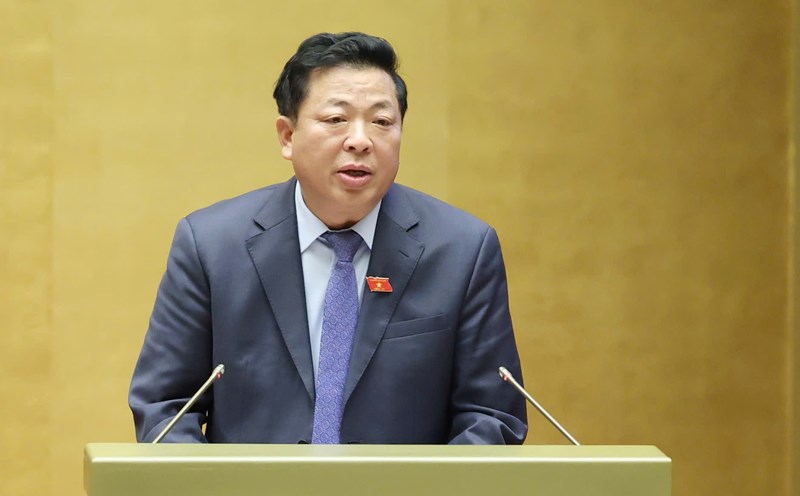Court documents collected by Woman sense show that the Uijeongbu District Court, Goyang branch, issued a verdict on May 9, stating that a man identified as A was the father of singer Jennie (Blackpink) was unfounded.
There is no evidence to support the defendants complaint other than the defendants own statements. Meanwhile, the plaintiff's official family registration clearly identified another man as her father. Therefore, it is reasonable to conclude that the defendant's complaint is untrue," the court stated.
Controversy began when A published an AI-generated novel with Jennie's name and logo on the cover. In the opening part, he affirmed that Jennie was his daughter. The book quickly spread in the fan community, sparking rumors that Jennie came from a rich or influential family.
Jennie, who had never publicly spoken about her father, responded by taking legal action. On September 6, 2024, her management company OA Entertainment announced a plan to pursue legal proceedings against Mr. A.
Then, on December 24, 2024, OA Entertainment filed a lawsuit with the Uijeongbu District Court, Goyang branch to prohibit further distribution of Mr. A's publications, citing both A and his publishing company B as defendants. Korea's leading law firm Yulchon represented Jennie in this case.
In the verdict, the court sided with Jennie, finding that Mr. A's actions had led to the dissemination of false information and damaged Jennie's reputation.
The court ordered the destruction of all available copies of the book and banned A from mentioning Jennie in any form, including on social media platforms such as KakaoTalk or in interviews.
Although the court acknowledged Jennie's violation of her personal rights, it did not impose a fine or allow temporary enforcement, because the case was not related to property complaints. The defendants were ordered to pay all legal costs.
This ruling highlights the legal consequences of public impersonation and the dissemination of false information, especially in the digital age, where AI-generated content can blur the line between fiction and reality.











